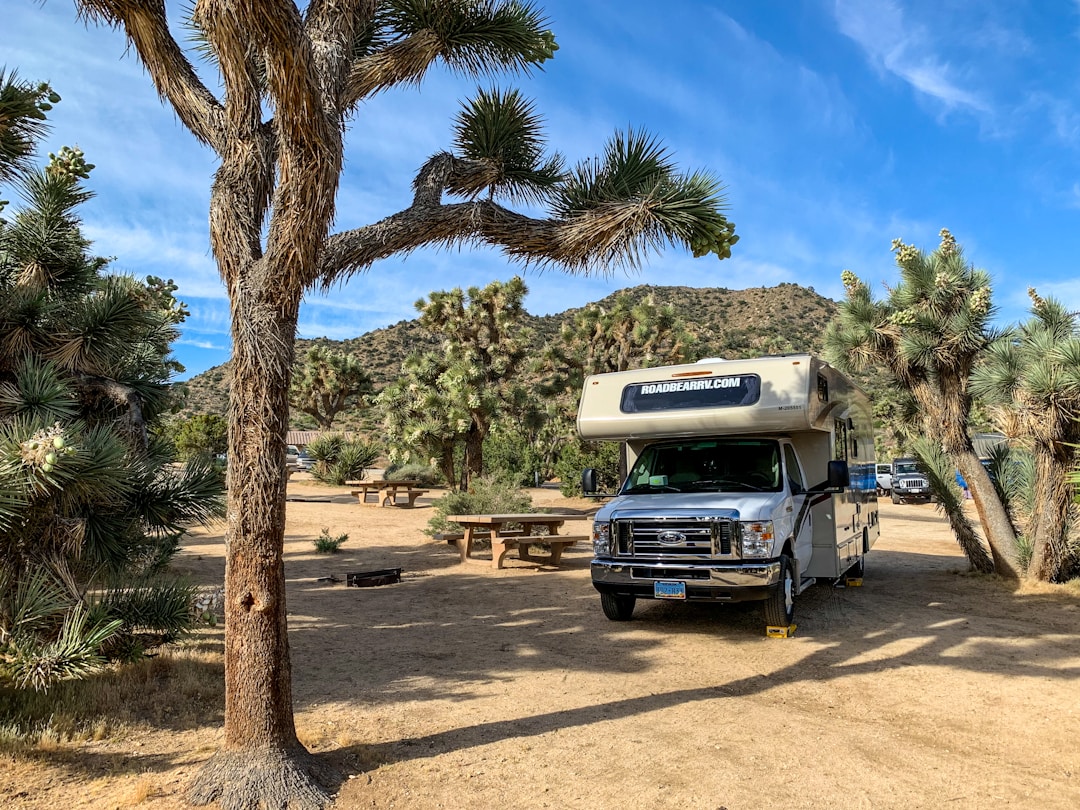Few things capture the essence of the American spirit quite like a cross-country road trip. The open road, diverse landscapes, and the joy of discovering hidden gems in various corners of the country hold a charm that few can resist. And if there’s one mode of transport that epitomizes this journey, it’s the Recreational Vehicle (RV). Whether you’re new to the RVing world or a seasoned traveler, there’s always something new to learn about preparing for the ultimate road trip. One critical aspect of your preparation should be securing an RV extended warranty, ensuring that unexpected mechanical issues don’t hinder your journey. But that’s just the beginning. In this article, we’ll delve into the essentials every cross-country RV adventurer should consider.
Understanding Your RV
Before hitting the road, familiarize yourself with the ins and outs of your RV. Just as you wouldn’t embark on a mountain hike without understanding the terrain, your RV journey will be smoother if you know your vehicle’s intricacies. Understand the capacity of your freshwater tank, your RV warranty, how your sewage system works, the limits of your battery, and the general maintenance checks required. Regularly inspect your tires, brakes, and engine to minimize potential problems on the road.
Navigational Tools
Though modern technology offers a plethora of apps and GPS devices to guide you, having a reliable road atlas can be invaluable. Technology can sometimes fail, especially in remote areas with poor cellular reception. A good road atlas provides an overview of your route, including rest stops, campsites, and points of interest. Plus, planning your route with an atlas can be a fun and interactive way to engage fellow travelers in the journey’s planning stage.
Safety First

Safety should always be paramount. As an RV owner, equip your RV with essential safety gear like a fire extinguisher, carbon monoxide detector, and smoke alarm. Understand the weight limitations of your RV and ensure you’re not overloaded; an overweight vehicle can impact handling, braking, and overall safety. Regularly check the function of all lights, both inside and outside the RV, and always carry spare bulbs and fuses. In addition, a basic first aid kit stocked with band-aids, antiseptics, pain relievers, and any personal medications is a must-have.
Comfort On The Road
Your RV is your home on wheels, and comfort plays a vital role in ensuring the journey remains enjoyable. Consider the climate of the regions you’ll be passing through and pack accordingly. A mix of light and warm clothing, rain gear, and comfortable shoes will serve you well. Since you might park your RV in areas without electricity, consider investing in a quality generator. This ensures you have power for heating, cooling, and cooking. Additionally, blackout curtains or shades can provide privacy and help in temperature regulation.
Meal Planning and Cooking
One of the joys of RV travel is the ability to prepare your meals. To avoid the monotony of eating the same dishes repeatedly, plan your meals in advance. Stock up on non-perishable goods like canned vegetables, pasta, rice, and sauces. Fresh produce can be purchased during your trip, allowing you to incorporate local flavors and specialties. Equipping your RV kitchen with multi-purpose utensils can save space and reduce clutter. Consider items like a cast-iron skillet, which can be used on both the stove and campfire.
Entertainment and Connectivity
Let’s face it, long drives can sometimes be monotonous, especially for passengers. Pack a range of entertainment options like books, board games, and playing cards. If you’re traveling with kids, think of activities that can engage them, such as travel journals, coloring books, or audiobooks. Staying connected on the road is also essential, not just for entertainment but for emergencies. A good cellular booster can enhance reception in weak signal areas.
Exploring Nature
One of the primary reasons many embark on cross-country RV trips is to connect with nature. Equip yourself with tools that enhance this experience. A pair of binoculars, a good camera, and field guides on local flora and fauna can greatly enrich your journey. Portable chairs and a table can turn a random picturesque spot into a perfect picnic location. If you’re keen on hiking, ensure you have good-quality hiking shoes and a backpack.
Connecting With The RV Community
The RV community is vast, friendly, and always willing to lend a hand. Engage with other RVers at campgrounds, join online RV forums, and attend RV rallies if they align with your travel plans. These connections can provide invaluable tips, from hidden campsites to the best local diners.
Embracing Local Cultures and Traditions
While the physical landscapes you’ll encounter on a cross-country RV trip can be breathtaking, the cultural tapestry of towns, cities, and communities you traverse is equally enriching. Dive deep into the local lore, traditions, and customs. Many towns have local museums or historical centers that give you a peek into the region’s history. Attend local events, fairs, or festivals if your timing allows. Engaging with the locals and understanding their way of life can offer a deeper connection to the places you visit. It can also lead to discovering off-the-beaten-path attractions that might not be in mainstream travel guides.
Mindful and Eco-Friendly Traveling

Traveling in an RV provides an excellent opportunity to be mindful of the environment. Practice eco-friendly habits, such as minimizing waste, using biodegradable products, and conserving water. Invest in solar panels for your RV, which can reduce your dependence on generators or external electrical sources. When camping, adhere to the principle of “Leave No Trace.” Ensure that the spot you camp in is left as pristine as you found it, making it inviting for the next traveler and maintaining the natural beauty of the location.
Weather Preparedness
The weather can be unpredictable, especially when crossing different climate zones. While you might have checked the weather for your destination, conditions en route can vary. Equip your RV with tools and resources to deal with various weather scenarios. For colder climates, insulated skirting can prevent your RV’s pipes from freezing. For hot and sunny areas, awnings or sunshades can provide much-needed relief. An anemometer, which measures wind speed, can be crucial in areas prone to high winds, alerting you when it’s unsafe to drive.
RV Maintenance on the Go
While pre-trip maintenance is crucial, understanding how to handle minor repairs while on the road can be a lifesaver. Carry essential tools and spare parts like belts, hoses, and seals. Learn some basic troubleshooting techniques, either through manuals, online forums, or even RV maintenance workshops. Knowledge of simple fixes can save you time, money, and stress, ensuring that minor hiccups don’t derail your journey.
The Journey’s End: Reflecting on the Adventure
As you near the end of your cross-country adventure, it’s essential to take a moment and reflect on the experiences, memories, and lessons learned. Every road trip, regardless of its length or destination, offers unique insights and stories. Capture these memories in a journal, through photographs, or even through conversations with fellow travelers. Sharing these stories not only keeps the spirit of the journey alive but also serves as inspiration for future adventures.
In conclusion, a cross-country RV road trip is more than just a journey from one point to another. It’s an exploration of diverse landscapes, cultures, and oneself. By adequately preparing and understanding the essentials, you ensure that the trip remains not just enjoyable but truly unforgettable. Safe travels!
